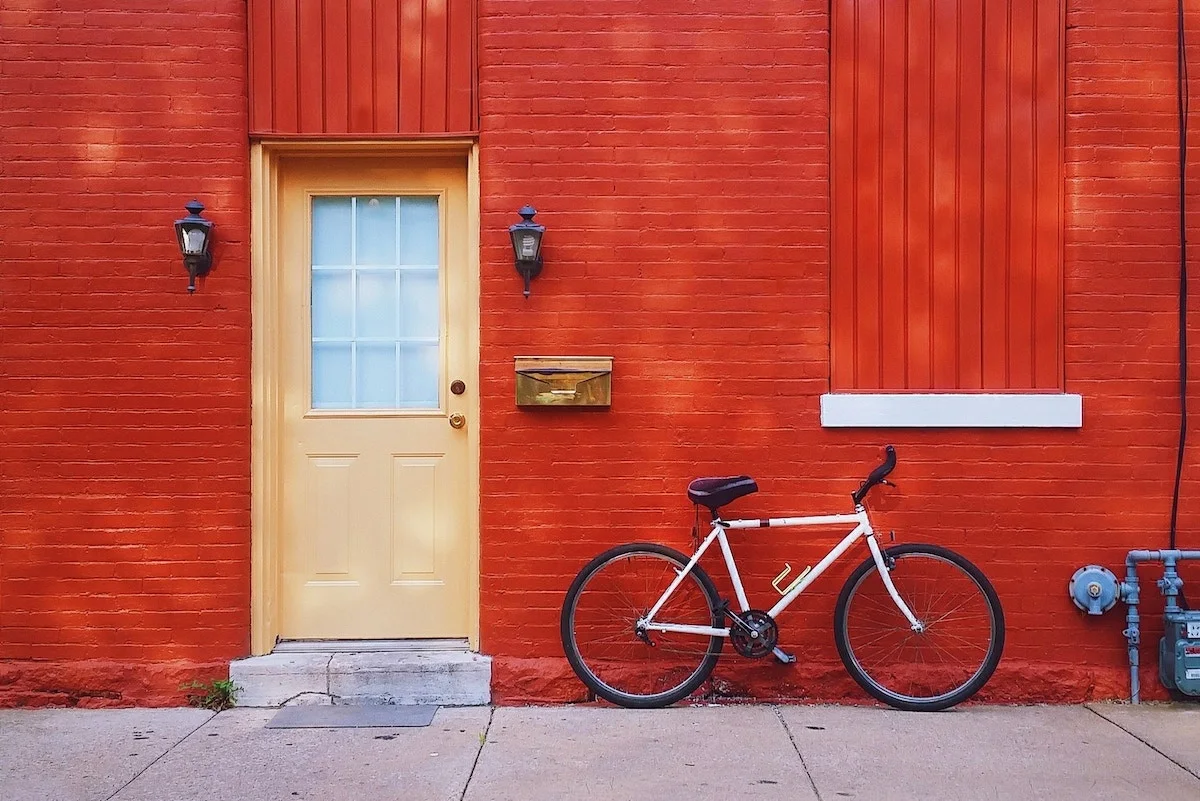Moving Abroad: Finding Community Overseas
This is the final post of a 6-part series entitled "Moving Abroad". If you're just joining us for this series, be sure to start with "Getting Mentally Prepared". And don't forget to share this series with anyone you know that is preparing to move abroad!
Three months after our move overseas, our two-year-old son had a seizure. He’d never had one before.
Expat-to-expat tip: 911 doesn't work everywhere! Find out what the local emergency number is before you arrive in country—you never know when you'll need it. The number here in the European Union is 112.
My son and I ended up spending the night in a very dated local hospital. As I watched him sleep while hooked up to an IV, I felt how far away I was from a land where I knew how to communicate and understood how things worked. The fear for his health, the frustration of the language barrier and the stress of cross-cultural living all began to descend on me at once.As they did, though, alerts began to ping on my phone.
Almost everyone I’d met since moving in texted me to check in. They offered help, food, coloring books, prayers, visits and rides to the hospital for my husband and older son. Not only did answering their texts keep me busy, it reminded me that in spite of the limited time we’d been in our new country, we’d already become part of a community. My feeling of isolation began to melt.
Building a good community in a new place can be the most difficult part of living overseas, and the one thing that can really make or break your expat experience.Here’s how you can begin to build a strong community around your family:
Accept invitations. If you move somewhere with a community already, get involved as soon as you can. The good news is that expats in general love to help newcomers, and most are quick to reach out. There’s something about the high intensity of expat life that can bring people together and cement friendships for life. Capitalize on offers of help and kill two birds with one stone—find out how to get around in your new city and find new friends, also.
Ask others for advice. This is only the second time I've moved overseas. I know I still have a lot to learn. I also know a lot of people who can give me wise advice. People love to share their stories and what they’ve learned through their experiences. Asking advice gets people talking, and conversation fosters friendship.
Find a group. If there’s a large expat community in your new country, it’s likely there are many different clubs already established. If not, you may be able make friends in your language class or a parents’ association at the school. You can join a Bible study or find cooking lessons or exercise classes, all of which offer an opportunity to meet new people with whom you share interests. If your new location doesn’t have any of these groups (or any that appeal to you), consider starting your own. Book club, anyone?
Practice low-key hospitality. When you've recently moved, you may not want anyone over until you feel truly settled. But, as expats, we’ve all been there. Make simple meals that can be prepared ahead of time. If you're still learning how to cook in your host country (new oven temperatures, lack of familiar ingredients, different kitchen tools), plan your get together for dessert and coffee or a playdate for the kids. Serve cut-up fruit and veggies or bring out prepared food straight from the store without shame. They aren’t coming over for the food, but to get to know you.
Expat-to-expat tip: Locals may have different expectations of hospitality, such as multi-course lunches or late-night dinners. Be sure to check up on local etiquette before making your plans!
Let's be honest: There's no five-step program to guarantee you new best friends. But there are a lot of people who've done what you're doing—moving overseas and starting a new life from the ground up. Reach out to the people around you and don't be afraid to ask for help when you need it.
We left the hospital 30 hours later with the doctor's clean bill of health and the knowledge that we had friends we could call if it happened again (which, thankfully, it hasn't). When we got home, it felt like exactly that—coming home.
Do you have any tips for becoming part of a community in your host country? What has helped you feel more at home in a country that's different from your passport country?








